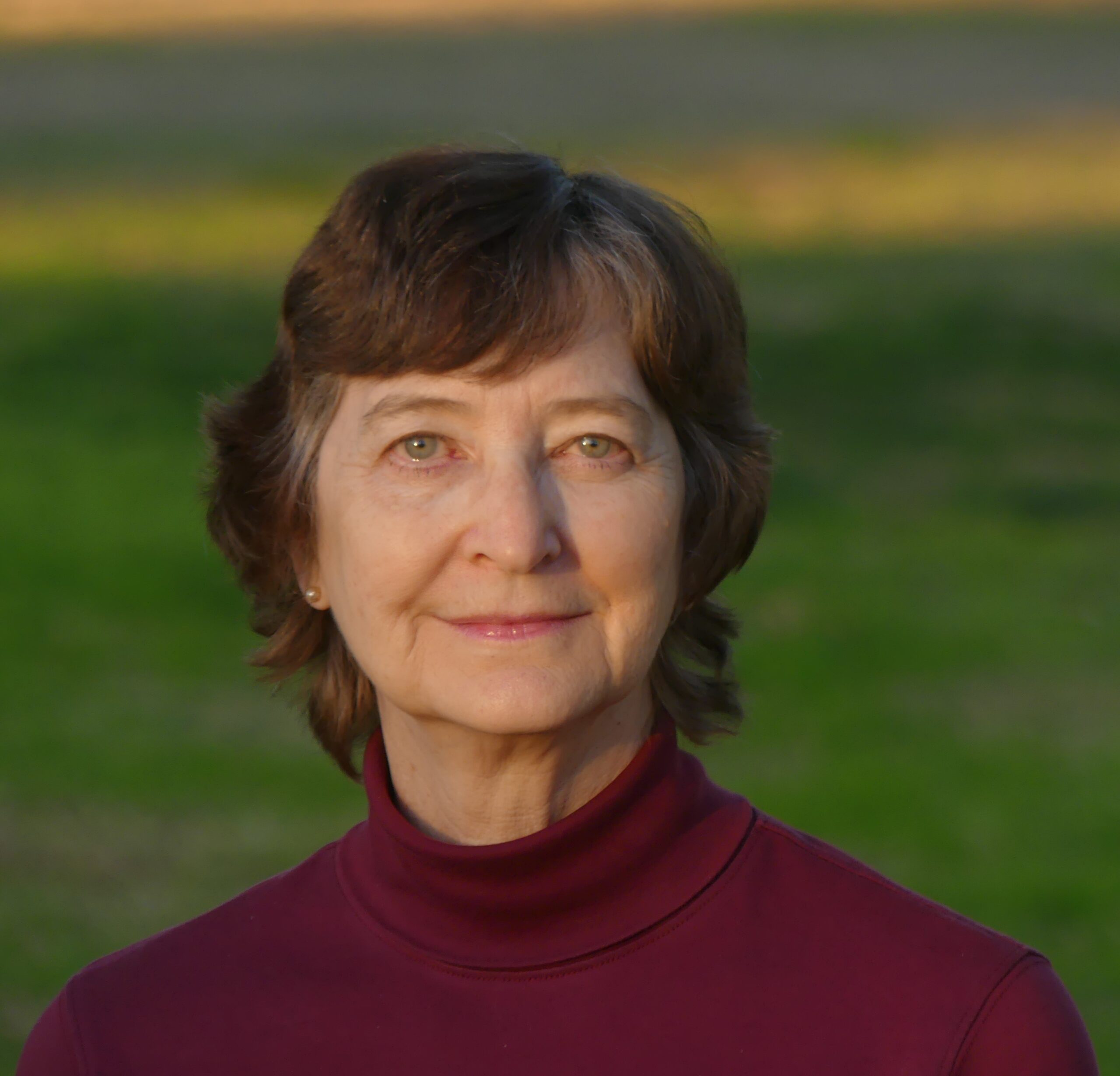
Part 4: My Current Relationship with Books
This is the final part of an essay that explains how the author could be a good writer even though she wasn’t a “reader.”
In The Tragedy at Cambria, a name that rhymes with multiple words is a huge plus. Luckily, my sons’ names fit the bill:
King John – John is both my father’s and son’s name. It’s short and strong.
Prince Scott – Scott is my other son’s moniker. It’s also short, but it evokes a softer nature to me, making it feel more like a prince’s than a king’s name. My husband pointed out, however, that Scott would work perfectly for the king of Scottland!
Royalty meets reality, The Tragedy at Cambria
– Sherrie Lyons
Janette – I can’t remember how I chose it, but I had a dear friend Jane at the time I penned the play. She must have been on my mind.
Queen Beatrice – She’s the queen bee. She began as Bernice, but that quickly changed. Recall the rhyme-ability requirement.
Orth – Back in my school days, there was this boy with the surname Orth. I’m not saying I named the jailer after him, but when I needed a name that rhymed with forth, his name popped into my head.
Princesses Winnicott and Hunnicutt – Well, sisters’ names should sound like they came from the same parents, right? The number of syllables matches; the two-syllable nicknames match; the final consonants match, but the differing final vowel gives them a little individuality. Maybe Hunnicutt was from M*A*S*H.
Princess Pennyweight – I have no idea, but the name does rather fit in with Winnicott and Hunnicutt. The name reminds me of Miss Moneypenny from James Bond.
Princess Mary Grace – Do you imagine she’s graceful? Religious? Prim? Sweet?
King Kirk – No doubt I was influenced by Captain Kirk.
Then there’s Cambria itself. I borrowed it from “The Ash Grove,” a song I learned in childhood. According to https://ingeb.org/songs/allhailt.html, it’s a Welsh song that was written by John Jones (1810-1870), but I didn’t know any of that. I just liked the world it described. The version I learned is missing four lines and goes like this:
All hail to thee, Cambria,
The land of my fathers,
I would I could make thee
Immortal in song.
The strains of thy minstrels
Were pure as thy fountains,
They hallowed thy glory,
Joy, sorrow and strife.
Thy proud-hearted warriors
Have roamed o’er thy mountains,
And fought in thy valleys
For freedom and life.
I was unaware that the song was describing Wales. My Cambria is a fictious country.
©Sherrie J. Lyons, 2022

Sherrie has written works in a variety of genres. The Tragedy at Cambria is her first play. It was originally published in an online journal, the Oregon Literary Review. Her first novel, Luke’s Legacy, was a sci-fi/fantasy story written in the Star Wars universe.
Check out the latest adventures . . .

This is the final part of an essay that explains how the author could be a good writer even though she wasn’t a “reader.”

This is Part 3 of an essay that explains how the author could be a good writer even though she wasn’t a “reader.”

Part 2 of the Editing Experience essay describes the author’s experience as a writer who hired an editor.

“I have written works in a variety of genres, but the two stories currently available to the public are a play titled The Tragedy at Cambria and a coming-of-age novel called The Adventures of Miss Becky McCoy.”
© 2023 Author Sherrie J. Lyons • All Rights Reserved
Website Created by Stride Marketing Solutions